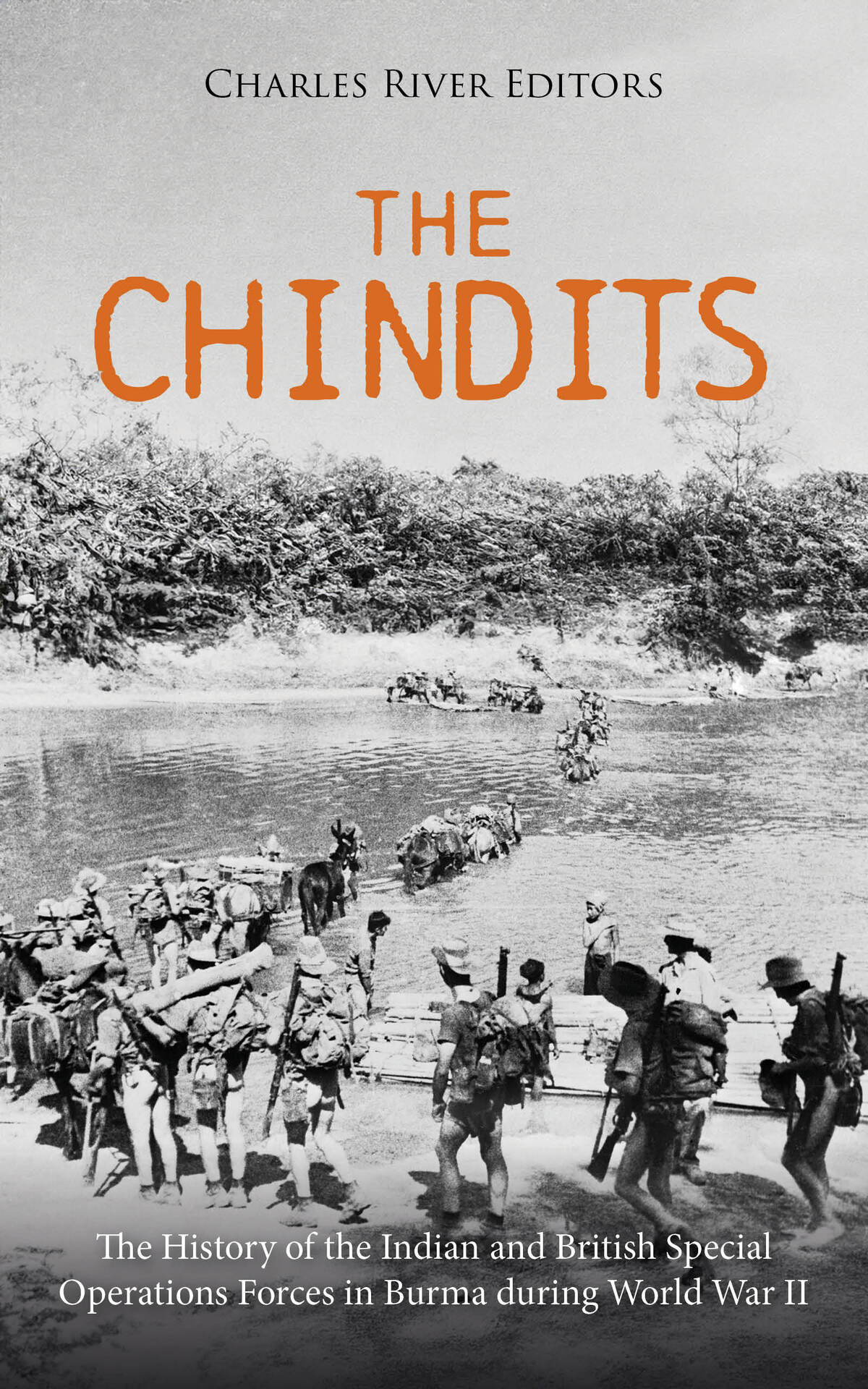

Most ebook files are in PDF format, so you can easily read them using various software such as Foxit Reader or directly on the Google Chrome browser.
Some ebook files are released by publishers in other formats such as .awz, .mobi, .epub, .fb2, etc. You may need to install specific software to read these formats on mobile/PC, such as Calibre.
Please read the tutorial at this link: https://ebookbell.com/faq
We offer FREE conversion to the popular formats you request; however, this may take some time. Therefore, right after payment, please email us, and we will try to provide the service as quickly as possible.
For some exceptional file formats or broken links (if any), please refrain from opening any disputes. Instead, email us first, and we will try to assist within a maximum of 6 hours.
EbookBell Team

5.0
40 reviewsAs the Japanese swept across Asia in the early years of World War II, the retreating Allies looked for ways to keep up the fight. In Malaya and Burma, agents had been left behind to stir resistance behind enemy lines, building up anti-Japanese operations from the safety of the jungle. In China, the American Office of Strategic Services helped both Nationalists and Communists in resisting the Japanese.
In Malaya and Burma, the British "left behind" teams that often worked in small groups, using bombs, grenades, and guns to ambush Japanese supply trucks traveling through the jungle at night. An attack might last less than a minute, a sudden burst of violence meant as much to intimidate the Japanese as to do material harm, breed paranoia, and force them to behave more cautiously. The teams spent far more time trekking through the jungle to their targets than attacking them, but when they did strike, the shock value was impressive.
One of the most famous formations involved in this was Detachment 101, the creation of American General "Vinegar Joe" Stilwell. Led by Carl Eifler, operatives from Detachment 101 lived in the jungle, suffering through torrential rains, malaria, and supply shortages to carry out guerrilla warfare against the Japanese. They recruited local Kachin and Karen people to form a force of 10,000 fighters, and these rebels persistently harassed the Japanese, launching quick strikes before retreating into the jungle.
While the fighting on the Asian mainland is often overlooked in favor of other theaters, at the beginning of 1942, Japanese soldiers in the 15th Army invaded Burma and drove out the British forces in a state of disorder. In fact, it was a headlong retreat, and with the fall of Burma, the Japanese posed a threat to India itself. As Britain scrambled to rebuild its forces and morale to hold back the Japanese, one British officer, Orde Wingate, with considerable experience with irregular operations in the Middle East, formed a radical plan to dis